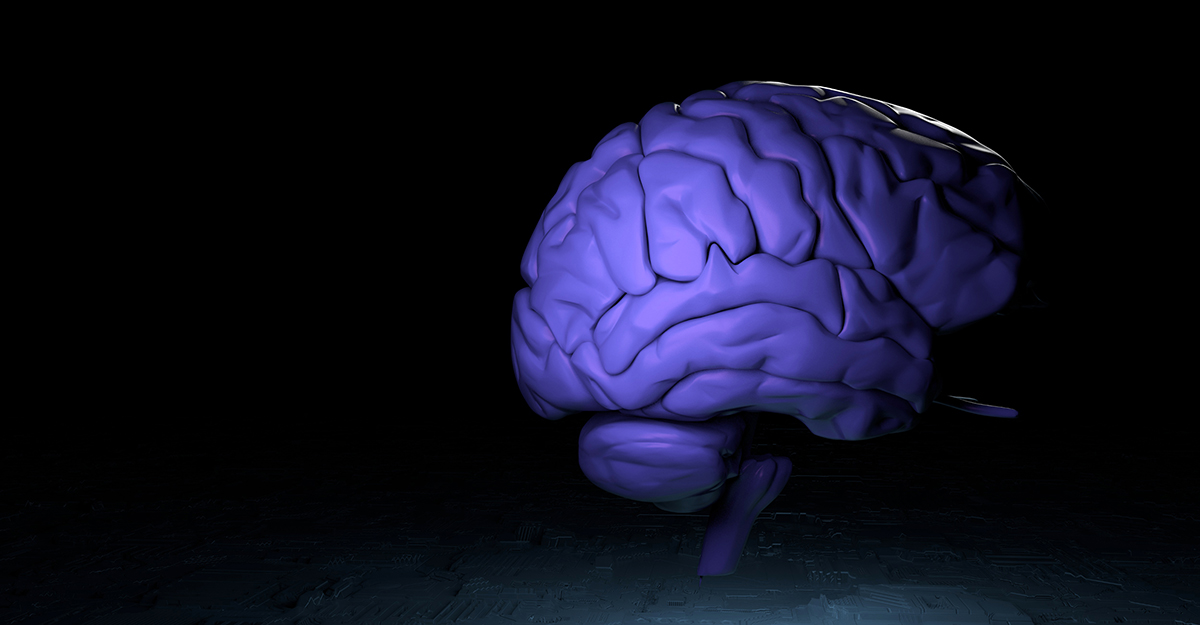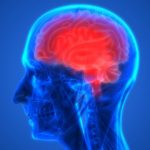According to a study, emotional stress could induce changes in brain function by altering the structure and function of astrocytes, vital for synaptic transmission of neurotransmitters. The results were posted online in JNeurosci.
“Stress alters brain function by modifying the structure and function of neurons and astrocytes. The fine processes of astrocytes are critical for the clearance of neurotransmitters during synaptic transmission,” researchers detailed in the findings.
“Thus, experience-dependent remodeling of glial processes is anticipated to alter the output of neural circuits. However, the molecular mechanism(s) that underlie glial structural plasticity are not known.”
Emotional stress can result in the retraction of branches of astrocytes from synapses hours after stress, as researchers observed on the cellular level. The retraction caused by stressors in rodents tested in the study showed changes made by inhibiting the production of GluA1, a subunit implicated in glutamate receptors.
“In this study, we showed that a single exposure to an acute stress triggered a retraction of lateral/fine processes in mouse cerebellar astrocytes,” the study’s co-authors determined. “These astrocytes express GluA1, a glutamate receptor subunit known to lengthen astrocyte processes. We showed that astrocytic structural changes are associated with a reduction of GluA1 protein levels.”
“We identified adenylyl cyclase 5 as a downstream effector, an enzyme that elevates cAMP levels, and found that lowering GluA1 levels depends on CPEB3 proteins that bind to GluA1 mRNA.”
“Therefore, stress regulates GluA1 protein synthesis via an adrenergic/adenylyl cyclase/CPEB3 pathway in astrocytes and remodels their fine processes,” the study concluded.
The study was supported and funded by the National Institutes of Health.


